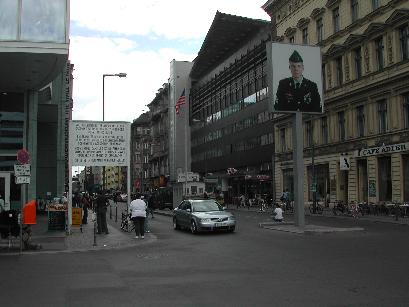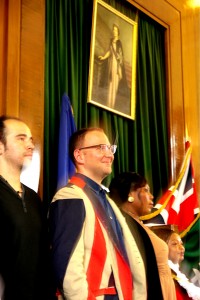One of the most infuriating aspects of the #ukriots was the comprehensive failure of media operations like BBC2’s Newsnight to rise to the challenge. Night after night I turned to it in the hope that eventually we would hear some insightful, useful, sense-making discussion. I did so in vain. Instead, night after night, we got brain-dead, sterile, staged confrontations (like the one between the Michael Gove and Harriet Harman) and the usual cast of opinionated fools like David Starkey and Kelvin McKenzie. As I watched, I remembered something that Neil Postman once said about the intellectual ‘bandwidth’ of various communication channels. It’s impossible to have a serious discussion on broadcast television, he said, for the same reason that one can’t do philosophy with smoke signals: the medium can’t bear the weight. And yet, if the folks who produce shows like Newsnight read more widely, had richer address books and better contacts across academic and intellectual communities, then there’s no reason why they couldn’t do better than they currently do. Imagine, for example, how much more intelligent a discussion would be if it had someone like Martin Hall, the Vice-Chancellor of Salford University. Here, for example, is an excerpt from a a blog post he wrote about the disturbances in Manchester.
Pendleton, the broad swathe of highrise around Salford Precinct, is a 1960s urban planning disaster. It’s one of the most challenged local areas in terms of the Multiple Index of Deprivation, which brings together street-by-street statistics on unemployment, housing, health and other key indicators of the quality of life. Salford Precinct is also a bustling, friendly cluster of shops and stalls. Everyone who I spoke to who lives in this area was appalled by what happened on Wednesday, and will do everything they can to stop it happening again. The lazy assumption that people condone burning and looting because they have low incomes (or no incomes) is both insulting and dangerous. We need to be very careful about the “sick society” line taken in other near-instant opinions, with the implication that, like a gangrenous limb, troublesome communities should be amputated from the body politic. As elsewhere in the world, viable long-term solutions will come by working within communities, and not by doing things to them.
By coincidence, a few days earlier I’d met with colleagues from Bradford University’s fine and widely admired Department of Peace Studies. They had made the point that understanding the 2001 Bradford riots had taken many months of careful work in partnership with a wide range of people and organisations. Most of the instant explanations that had been offered at the time turned out not only to be wrong, but also to be a bad foundation for appropriate public policy. Janet Bujra and Jenny Pearce’s Saturday Night and Sunday Morning: The Story of the Bradford Riots, published earlier this year, shows how a closely informed understanding of what went wrong in 2001 directly informed civic leaders when they were faced with the provocations of the English Defence League in 2010. This sort of experience-based expertise will be vital over the next few years in shaping future interventions, policies and responses that can work.
Above all, this is a time for listening. All the affected cities have community organisations with close knowledge of local circumstances. In our case, these are organisations such as the Broughton Trust and the Seedley and Langworthy Trust. We need to listen to teachers from local schools, to local councillors and to police community support officers. We also need to listen to our own experts in the health and social care professions, who interact with local communities and community organisations on a daily basis. We need to appreciate the difference between criminal justice and criminalising communities.
I think it was Philip Knightley who said that, in war, “truth is the first casualty”. What the political and media response to the riots showed is that, in a public order crisis, intelligence and reflection are the first things to be jettisoned.





